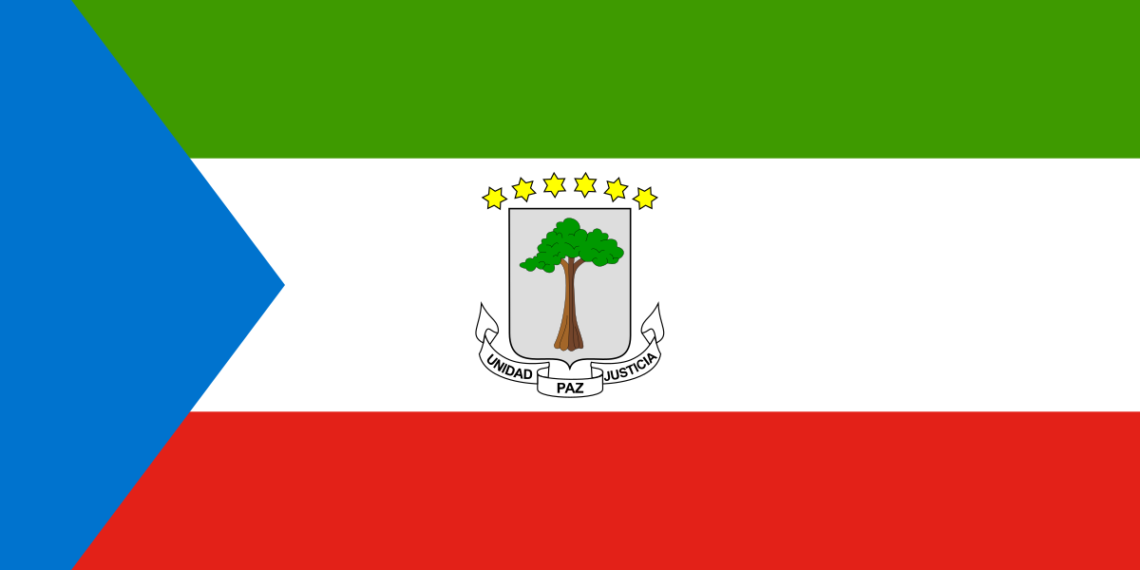Equatorial Guinea, a small but resource-rich Central African nation, has long been a poster child for oppressive governance, corruption, and mismanagement. Once a Spanish colony, the country’s turbulent journey since gaining independence in 1968 has been marred by dictatorship, human rights abuses, and economic inequality.
When Equatorial Guinea gained independence in October 1968, it showed promise with one of the highest per capita incomes in Africa. However, this hope was short-lived. Francisco Macías Nguema, the country’s first president, declared himself “President for Life” in 1972. His reign of terror included mass executions, forced labor, and torture, earning the country the grim nickname “Dachau of Africa.”
Under Macías, infrastructure crumbled, education ceased, and religion was repressed. Skilled citizens fled, leading to a devastating brain drain. His regime ultimately claimed the lives of between 20,000 and 80,000 people. In 1979, his nephew, Teodoro Obiang Nguema Mbasogo, ousted him in a coup, ending one reign of terror but beginning another.
President Teodoro Obiang, now the world’s second-longest-serving non-royal leader, has ruled Equatorial Guinea with an iron grip since 1979. Despite initial promises of reform, Obiang’s leadership has been characterized by authoritarianism, rampant corruption, and human rights abuses.
The discovery of oil in 1995 transformed Equatorial Guinea into a significant producer, with massive revenues flowing into government coffers. Yet, the wealth has been concentrated in the hands of Obiang and his family, while more than three-quarters of the population lives in poverty. Obiang himself boasts a net worth of $600 million, while the country ranks 145th out of 191 on the Human Development Index.
Education and healthcare remain woefully underfunded, receiving just 2–3% of the national budget. Meanwhile, oil production has declined, and reserves are expected to run dry by 2030.
Equatorial Guinea stands out for its dynastic governance. President Obiang’s son, Teodoro Nguema Obiang Mangue, serves as vice president, while other family members control key government ministries, including oil, sports, and health. The first lady is the minister of health, solidifying the family’s grip on power.
Equatorial Guinea’s notoriety extends beyond its borders. In 2004, a failed coup attempt exposed the country’s vulnerability and its oil wealth’s role in international intrigue. Despite a 2006 decree promising reforms, human rights abuses persist. Black Beach Prison, infamous for torture and unexplained deaths, remains a symbol of the regime’s brutality.
Read also: Burden of oil exploration, need to save Isoko Nation from extinction
While oil revenues initially fueled rapid economic growth, the wealth has not reached the masses. According to the World Bank, more than three-quarters of the population lives below the poverty line. Despite having Africa’s highest adult literacy rate at 95%, the nation’s resources are squandered on luxury projects benefiting the ruling elite.
Equatorial Guinea’s story mirrors the broader narrative of African nations plagued by corrupt leadership and mismanagement of natural resources. However, hope lies in the continent’s emerging political revolutions, which aim to dismantle oppressive regimes and pave the way for democracy and accountability.
As Equatorial Guinea’s oil reserves dwindle, the regime faces mounting pressure to address its governance failures. The country’s future depends on its ability to break free from decades of oppression and corruption, embracing true democracy and equitable resource management.
The tale of Equatorial Guinea serves as a cautionary story for Africa—a continent rich in resources yet often trapped by poor leadership.






